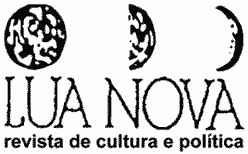The aim of this article is the distinction between power and violence in Hannah Arendt. It has two parts. The first makes a presentation of Arendt’s definition of power. The second consists of some critical comments, beggining with a defense of the "theoretical tradition" criticized by Arendt and then sorting out two related problems of her interpretation: the suppression of conflict from political life and, therefore, the limited heuristic value of her concept of power. The article concludes that the absence of conflict in Arendt's theory of power is based on a radical distinction between the political and the social worlds. Finally, it suggests that, though her definition of power as "action in concert" touches on the central issue of "organization", such definition does not take in account the effects of the latter on political equality.
Hannah Arendt; power and violence; political action and organizaton
